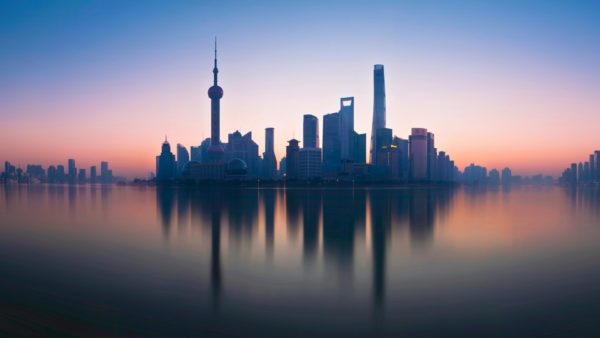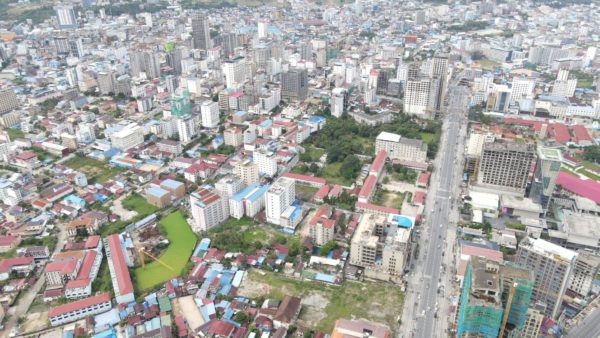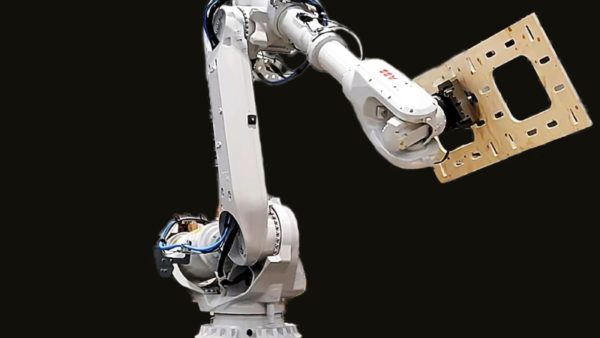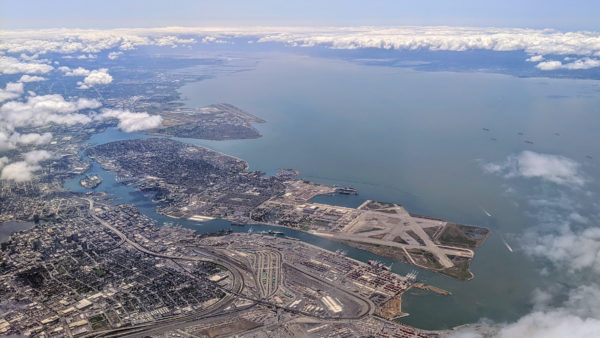The government of Taiwan has blocked a $2bn twin-tower scheme in downtown Taipei over national security fears, claiming the Hong Kong-led developer is too close to the government of mainland China.
The supertall scheme, "Taipei Twin Towers", whose concept was proposed by Dutch architect MVRDV in association with Arup and other designers, was said to be especially worrisome because it straddles Tapei’s main train and metro station.
"This involves the issue of national security because of its close proximity to greater Taipei’s important transportation hub for metro, high speed rail, railway trains and buses," Yang Shu-ling, spokesperson for the Ministry of Economic Affairs, told AFP on 26 June.Â
Billed as the city’s biggest construction project in years, the retail, offices, leisure and hotels scheme was being promoted by Hong Kong-listed Nan Hai Corporation and Malaysian property developer Malton Berhad. The towers were to be 337m and 280m tall.
"Nan Hai’s close ties with China is a grave threat to (Taiwan’s) national security if it were allowed to develop," Yang told AFP.
The ministry’s Investment Commission said half of Nan Hai’s management and board are Chinese nationals and that it was concerned the company could be "influenced by mainland policies".
Relations between the two governments have deteriorated since the 2016 election of Taiwan’s President Tsai Ing-wen, who rejects Beijing’s "One China" policy.
AFP reports that Beijing has cut off communication with her administration, ramped up military drills and brought onside some of Taiwan’s few allies.
Tsai Ing-wen faces elections in January and is campaigning on a more Beijing sceptical ticket than her opponents, AFP said.
In the wake of the ministry’s decision, Taipei mayor Ko Wen-je, an independent, warned it might put off foreign investors, AFP reported.
Image: Visualisation of the Taipei Twin Towers by architect MVRDV










